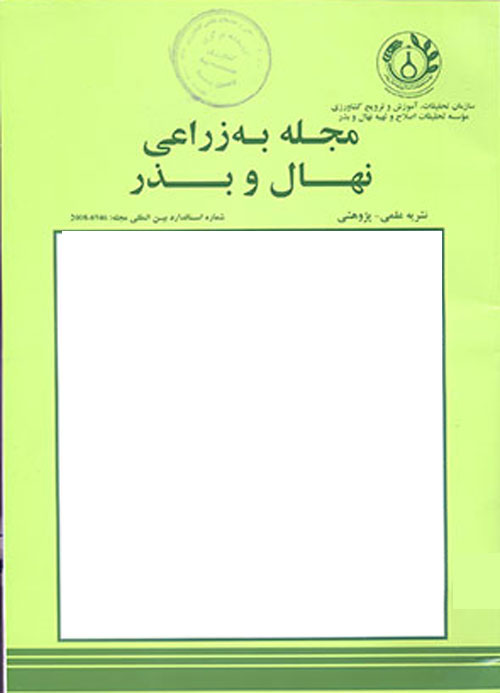Induction of Embryogenesis in Microspores of Tomato (Lycopersicum esculrntum Mill) cv. Microtom
Haploid breeding is the most efficient method for the production of pure lines. In this research, tomato microspore culture method was studied to develop an embryogenesis protocol. The influence of several stresses, i.e. low and high temperatures, starvation and colchicine applied on isolated tomato microspores on the induction of microspore embryogenesis was investigated. Microspores in different stages of development were isolated from surface-sterilized flower buds and cultured in medium AT3 or starvation medium B, with or without colchicine, at different temperatures for varying lengths of time. After the stress treatments, microspores were transferred to modified AT3 medium supplemented with phytohormones and incubated at 25°C in the dark. The results showed that the late-uninucleate stage microspore, B medium and magnetic stirring were the best developmental stage, medium and method, respectively for isolating viable microspores. Treatment with colchicine (25µM) in combination with low temperature at 4°C for 72h also induced more than 35% of the cultured tomato microspores to divide symmetrically forming calli and embryoids
- حق عضویت دریافتی صرف حمایت از نشریات عضو و نگهداری، تکمیل و توسعه مگیران میشود.
- پرداخت حق اشتراک و دانلود مقالات اجازه بازنشر آن در سایر رسانههای چاپی و دیجیتال را به کاربر نمیدهد.


